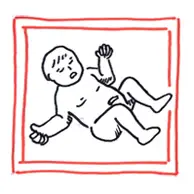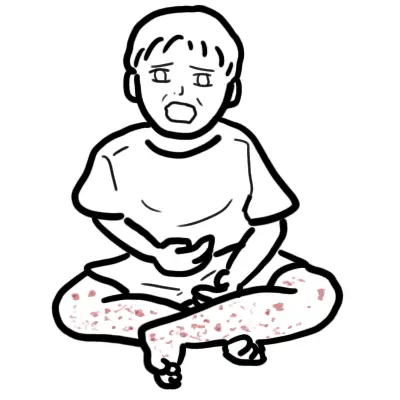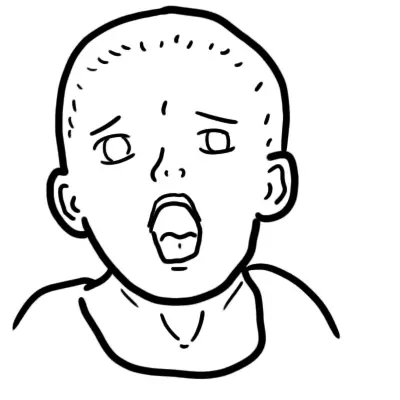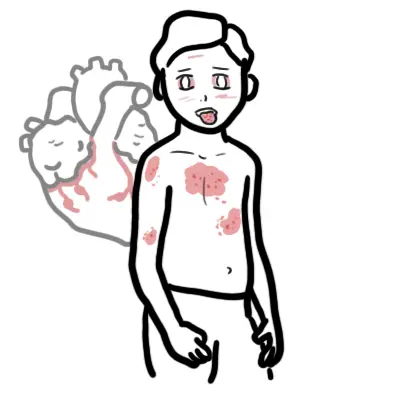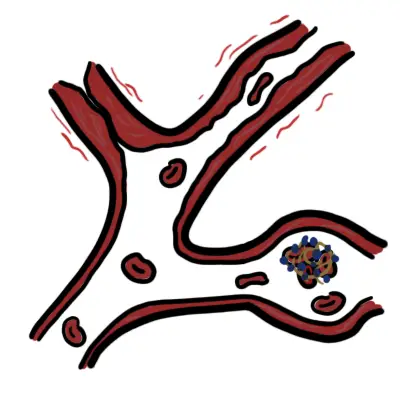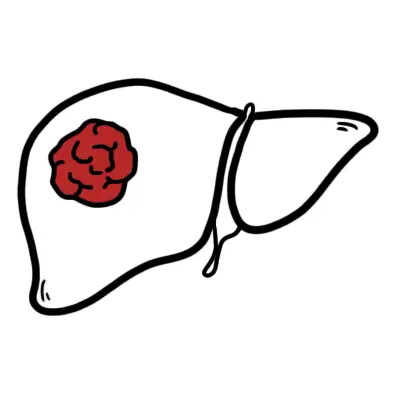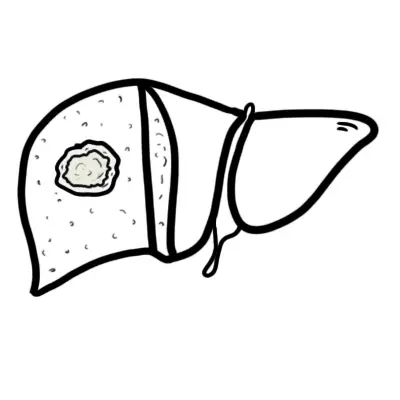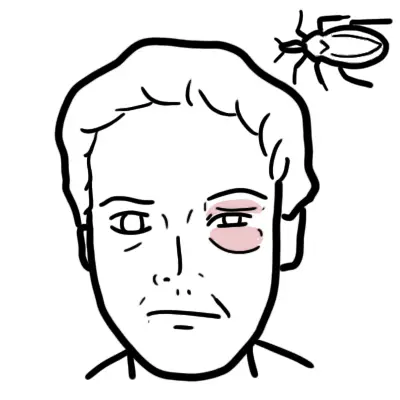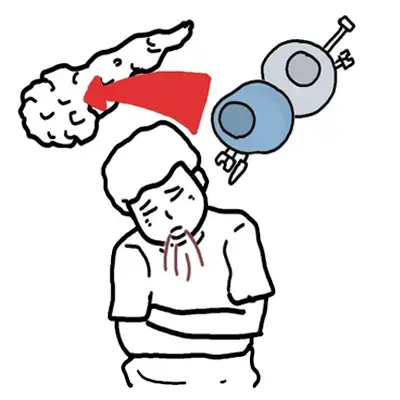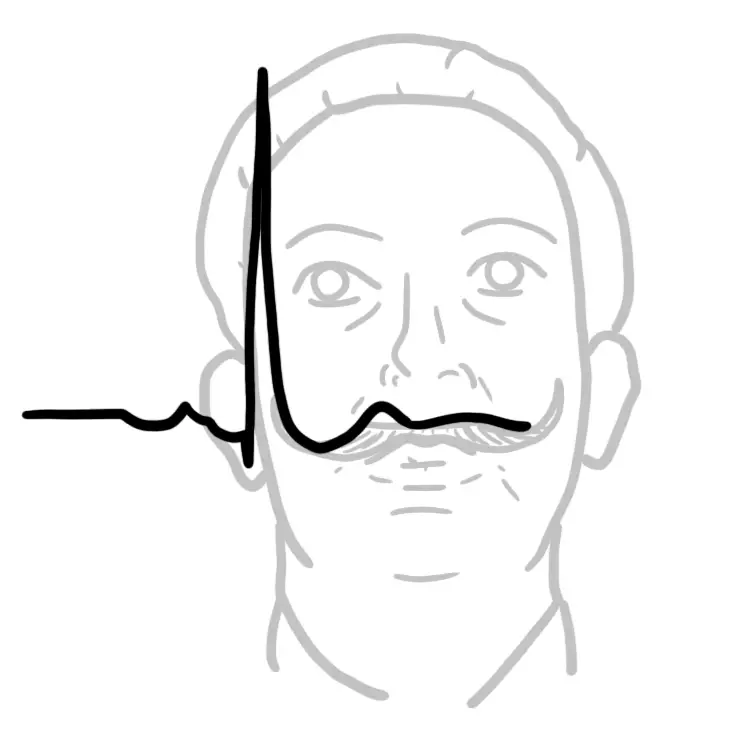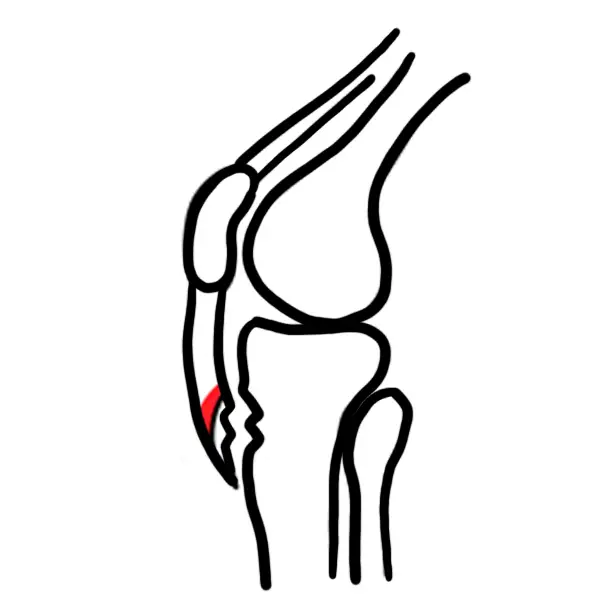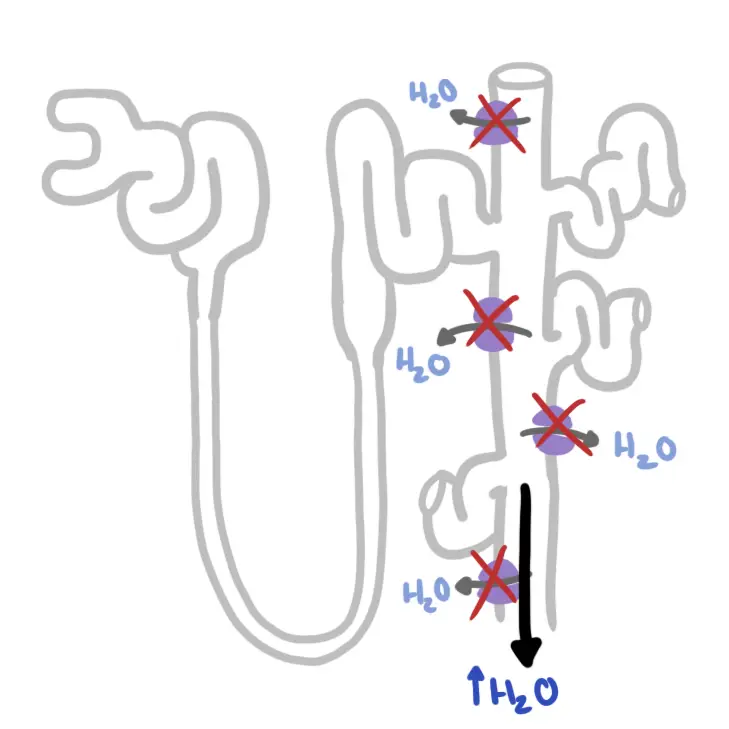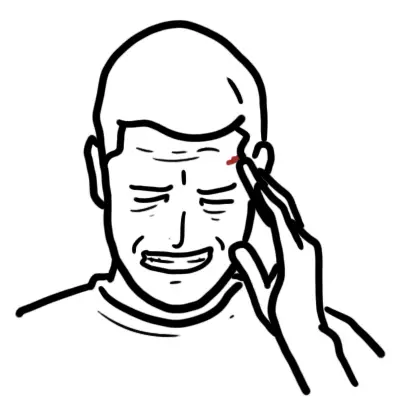Notes »
disease
» Paediatrics
Gastroenteritis (Infectious Diarrhoea)
Overview
Gastroenteritis continues to cause significant morbidity in developed and developing countries. The most common cause are viral and bacterial including:
- Norovirus
- Enteric adenoviruses
- E-coli
- Salmonella spp. and Shigella spp.
- Campylobater jejuni
| Definition Diarrhoea: Loose, water like stools that occur with increased frequency and an increased volume of >200g per day Gastroenteritis: >3 or more loose stools per day for <14 days Chronic Diarrhoea: Diarrhoea that continue for more than 2 weeks Malabsorption: Defined as the failure to absorb nutrients Toddlers Diarrhoea: Clinical syndrome characterised by chronic diarrhoea often with undigested food in the stools of a child who is otherwise well, gaining weight and growing satisfactorily. |
Gastroenteritis is usually self-resolving. Parasitic infection are uncommon but can be dangerous.
| Watch Video Gastroenteritis (Paediatric) - Overview |
Clinical Manifestation
| Clinical Triad of Gastroenteritis: fever, vomiting, diarrhoea |
It is important to assess state of dehydration because this will tailor treatment. Dehydration can be either mild, moderate or severe.
Diagnosis
Viral Gastroenteritis
- Rotavirus (most common)
- Noravirus
- Adenovirus
- Hepatitis A, B, C, E
Bacterial Gastroenteritis
- E-coli
- Clostridium difficile
- Salmonella
- Shigella
- Campylobacter jejuni
| Side note Most bacterial causes of diarrhoea are self-limiting and do not usually require antibiotic therapy. |
Parasitic Gastroenteritis
- Giardia Lamblia
- E. vermicularis
| Watch Video Giardia Lamblia |
| Watch Video Pin Worms - Enterobius Vermicularis |
Investigations
- Full Blood Count
- EUC
- LFT
- CRP
- Enzyme immunoassay
- PCR
- Stool culture
- Blood culture
Diagnosis
- Viral causes - Enzyme immunoassay and latex agglutination
- Bacterial causes - Stool and Blood culture +/- polymerase chain reaction (PCR)
- Parasitic causes - Microscopy of stool +/- PCR
Complications and Prognosis
Complications
- Dehydration
- Electrolyte imbalance
- Acidosis
- Septicaemia
- Meningitis


